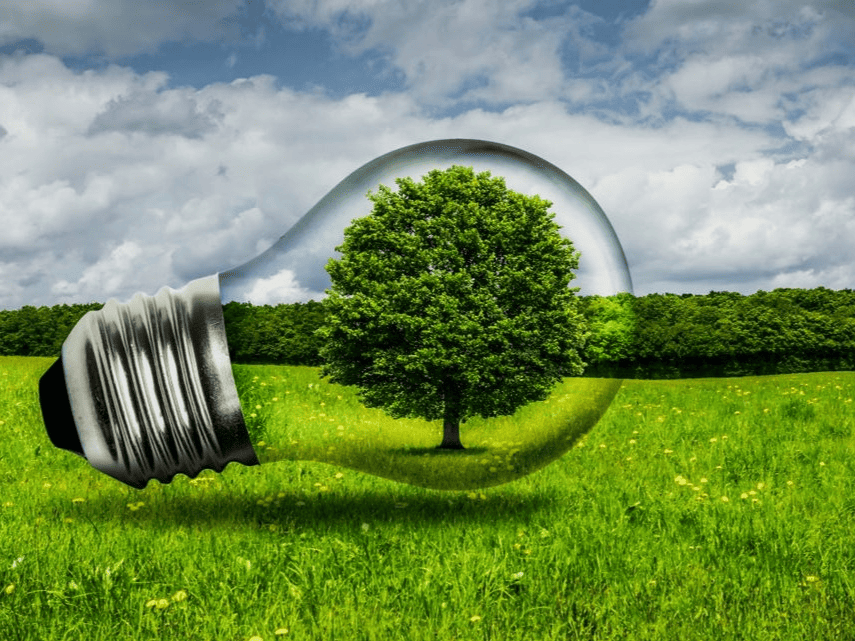The green revolution that Sarawak is embarking on ensures that there is a shift towards sustainable energy, carbon reduction, and eco-friendly policies,, driving economic growth while aligning with global climate goals and the Sustainable Development Goals.

As the world grapples with the growing climate crisis, environmental taxes have become a vital tool in the efforts to meet the United Nations’ Sustainable Development Goals (SDGs). In Malaysia, both the federal government and the state of Sarawak have been making meaningful progress in weaving environmental taxation into their sustainability efforts.
This green revolution explores how Malaysia’s carbon tax and other green policies align and collaborate with the SDGs. Along the way, the latest steps taken by the Sarawak government to push these initiatives forward, supported by the private sector, will be highlighted.
Decoding Sustainability: Environmental Taxes, SDGs, and Green Practices
Environmental taxes, such as carbon taxes, are an effective strategy to reduce greenhouse gas emissions by placing a price on pollution. This pushes businesses and individuals to adopt cleaner, more sustainable methods.
The SDGs are 17 global goals set by the United Nations to tackle major challenges like poverty, inequality, and climate change by 2030. They aim to create a better, fairer, and more sustainable world for everyone.
Green practices which contributes towards this green revolution, are eco-friendly actions that protect the environment, like recycling, saving energy, and reducing waste. They help conserve resources, fight climate change, and ensure a healthier planet for future generations.
In Malaysia, the government’s proposal to impose a carbon tax in Budget 2025 targets high-impact industries such as iron, steel, and energy. The proceeds from this tax will be reinvested in green technology projects and research, aiming for a positive cycle of development. This step promotes a number of SDGs, including affordable and clean energy (SDG 7), by aiding Malaysia in transitioning to renewable energy sources through strategies such as the National Energy Transition Roadmap (NETR). It also actively combats climate change (SDG 13) by lowering carbon emissions and financing environmental projects.
Furthermore, the tax incentivises industries to adopt more responsible practices (SDG 12), promoting sustainable manufacturing and advancing the circular economy. By striking a balance between economic growth and environmental protection, these taxes represent a significant stride towards a greener, more sustainable future for all.
Sarawak’s Green Revolution: Pioneering Sustainable Solutions
Sarawak is setting a strong example for other regions to follow in the pursuit of sustainability and green energy transition. The Sarawak government has established its Net Zero and Carbon Plan by aiming for net-zero emissions by 2050. With a strong focus on green hydrogen production, Sarawak leverages its abundant hydropower resources to support this initiative effectively.
Premier Datuk Patinggi Tan Sri Abang Johari Tun Openg highlighted that this strategic advantage allows for the production of green hydrogen at a competitive cost, solidifying Sarawak’s position to play a pivotal role in the global energy transition.
As for forest carbon projects, they are parts of the state government’s strategy to reduce greenhouse gas emissions with a focus on conserving and restoring forests. The state has issued four forest carbon permits covering 130,037 hectares, reflecting its dedication to sustainable forest management and carbon credit trading.
With that, the Forests (Forest Carbon Activity) Rules, 2022 were established to address climate change, promote sustainable forest management, enable carbon trading, and generate economic benefits while protecting local communities.
Sarawak is also making significant strides in Carbon Capture, Utilization and Storage (CCUS) technologies, with strong government support and active private sector participation. Through the state-owned Sarawak Petroleum Berhad (Petros), Sarawak has undertaken the first carbon capture storage (CCS) project in the Kasawari fields, off the coast of Sarawak, highlighting Sarawak’s commitment to achieving a sustainable and low-carbon future.
Besides, one notable example of private sector efforts is Sarawak Energy Berhad’s investment in hydropower and floating solar projects, which have significantly contributed to the state’s efforts to reduce carbon emissions and transition to renewable energy. These efforts align with SDG 7 and SDG 13, showcasing Sarawak’s commitment to clean energy and climate action.
Indeed, the private sector’s involvement complements the government’s initiatives, creating a synergistic effect that accelerates Sarawak’s transition to a sustainable future.
Building a Sustainable Future
Sarawak’s environmental tax policies, particularly its initiatives on carbon taxation, exemplify a proactive approach to advancing the SDGs. With creative solutions and strong regulations, the state is carving out a path towards a greener, more sustainable future.
By inspiring local industries to embrace the green revolution, Sarawak is not just supporting Malaysia’s climate goals but also contributing to global sustainability. This forward-thinking approach highlights Sarawak’s growing influence as a leader in building a low-carbon economy and preserving the environment for generations to come.
The opinions expressed in this article are the author’s own and do not necessarily reflect the view of Swinburne University of Technology Sarawak Campus.
Ms Lisa Ngui Lee Hua is a lecturer in finance & economics at the Faculty of Business, Design, and Arts at Swinburne University of Technology Sarawak Campus. Dr Nivakan Sritharan is a lecturer in accounting and business at the Faculty of Business, Design, and Arts at Swinburne University of Technology Sarawak Campus. Dr Heng Kiat Sing is a lecturer in economics and organizational behaviour at the Faculty of Business, Design, and Arts at Swinburne University of Technology Sarawak Campus. The writers are contactable at lngui@swinburne.edu.my; nsritharan@swinburne.edu.my and kheng@swinburne.edu.my respectively.

